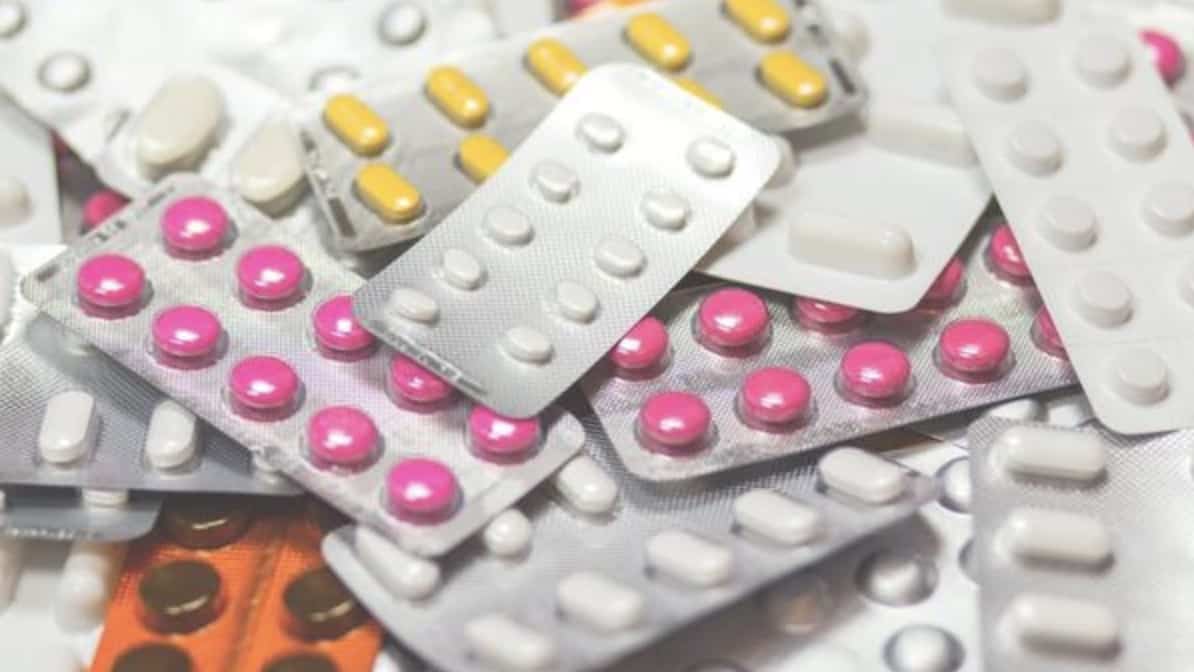Here’s how to safely dispose of prescription drugs in Mississauga
Published February 13, 2020 at 8:36 pm

Expired and unused prescription medications are often forgotten about and left in medicine cabinets or cupboards which could potentially lead to misuse and abuse.
Adults and seniors who take expired or unused prescription medications that are no longer effective may cause serious and dangerous interactions with other medications.
That’s why the importance of safe disposal of unused and expired drugs is crucial to ensure they do not end up in the wrong hands.
First, begin by checking your medicine cabinet and removing all expired and unused prescription drugs, over-the-counter medications and natural health products.
Check with your pharmacist if you’re unsure whether a drug is still safe.
You may also bring unused and expired prescription drugs, over-the-counter medications and other natural health products to your local pharmacist for proper disposal if you aren’t sure how to do so yourself.
It is important to remember not to flush medicines down the toilet or sink.
Over the past few decades, there has been a large increase in the Canadian marketplace for new human and veterinary drugs and due to improper disposal, there are traces of pharmaceuticals in the environment.
Although concentration levels of these products may be very low, they may still be enough to have effects on the environment as well as on human health and the effects may build up over time.
Some municipalities and local police forces also offer take-back programs, which provide safe and easy ways to dispose of unused and expired drugs and health products that may be lying around in our homes.
Drugs collected in take-back programs include prescription drugs, over-the-counter medications and natural health products.
Unfortunately, these programs only collect a portion of unused and expired pharmaceuticals and the rest end up in the environment, such as in the soil or in the water.
If you must throw your medications in the garbage, remove medications from their original containers and scratch out all identifying information on the prescription label.
This will help protect your identity and the privacy of your personal health information.
Next, hide the medications in something unappealing, such as used coffee grounds or kitty litter, which will make the drug less attractive to children and pets as well as make it unrecognizable to people who may go through the trash seeking drugs.
Lastly, place the mixture in a sealed bag, empty can or another sealed container to prevent the drug from leaking or breaking out of a garbage bag.
Following these safety measures ensures the protection of both the community and the environment.
INsauga's Editorial Standards and Policies